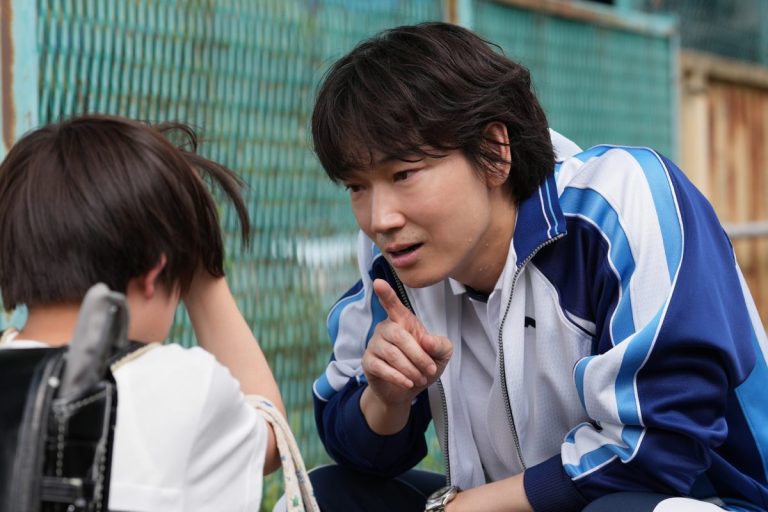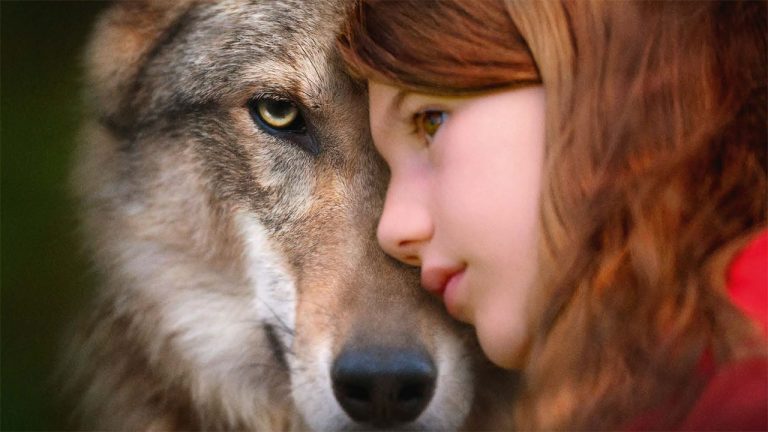On one side, there are films that are compelling through the realistic drama they convincingly portray, and on the other side, there are films that are aesthetically haunting through the subtle poetry they create. Li Shih’s Taiwanese film ‘Wild Sparrow’ is a blend of both.
The very first shot captures the eyes, and most importantly, the ears. The sound design by Cheng Chou impresses even before the film has unfolded its context. Little Han, the boy characterized as a very sensitive kid, is much attached to nature and to sparrows. His attachments are beautifully shown, neither through dialogues nor through actions. His attachments are shown only through the situational placement of the character in sensitive moments and circumstances. There is a scene where he walks through the forest and finds a man catching wild sparrows using a net. The little boy, Han, is neither offered any dialogues, nor any dramatic action, yet his presence and stare are all that was needed to evoke his sense of attachment. He finds a dying sparrow on the ground. He picks it up and tries to take good care of it.
Similar to the Wild Sparrow – Sparrows [2015] – A Harrowing Tale of Adolescent Metamorphosis
Little Han lives in the countryside with his great grandmother, played by Shu-Fang Chen. Han’s mother Ali (played by Yi-Chieh Lee) on the other hand, lives in the city and is a single woman tormented between relationships. Han leaves his countryside home and goes to stay with his mother. However, it turns out to be a very traumatic experience for the little Han. The identity of his father was not known to Han. To see his mother with another man, didn’t comfort him. The urban sophisticated environment was something Han wasn’t able to cope with either. The nature-loving sensitive kid starts suffocating and suffering in the concrete urban cages. His sufferance is only expressed through his disinterested in expression but is never voiced in verbose ways. Han’s mother Ali works in a night club and isn’t leading a pleasing life. Yet she puts on a smile and expresses her affection for her child, trying to embrace Han with love. She is, however, the main reason for her son’s trauma which increases day by day. Han would at times open his door to see her mother with another man – sometimes in intimate moments, and sometimes fighting and suffering physical assaults. All he can do is suffer in silence.
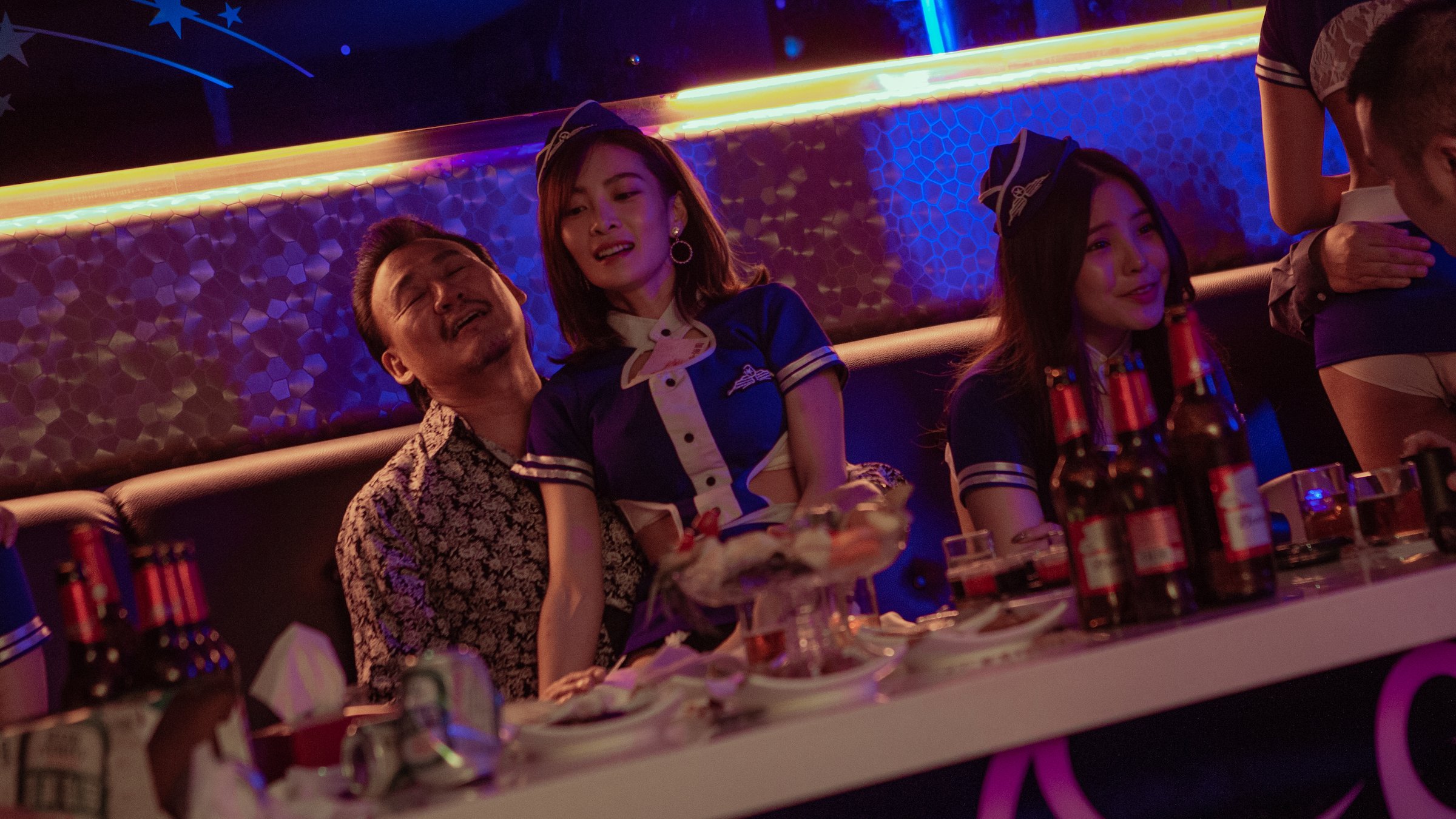
Li Shih convincingly lets the film meander from a countryside’s natural scape into an urban cityscape, with elements of sophisticated lifestyles. Chi-Wen Chen’s aesthetic camerawork seamlessly blends the two contrasting social milieus tenderly using the child protagonist’s pathos as a sensitive bridge. The cinematography is powerful, extremely captivating at times but restrained and controlled. It creates the images but doesn’t indulge in visual extravaganza even though there were several take-off moments. The camera movements are motivated, controlled, and balanced throughout the film. There are powerful usages of still-frames and one-point perspectives.
The colorist does a good job too, helping the film stay visually subtle, even in the night club sequences where there’s always a tendency to overuse colors to intensify the drama. Chun-Hong Lee’s edit follows the narrative and doesn’t attempt to create sensations. The montage is well-spaced and well-paced allowing time to flow through the frames and carry-forward residuals of one frame into another. Music is sparingly yet optimally used and it doesn’t overtake the sound design. Yu-Jun Wang stays humble with the music throughout.
Also, Read – Geran [2020]: ‘NYAFF’ Review – Gritty action fails to disguise a predictable family drama
Craftsmanship aside, ‘Wild Sparrow’ has stunning performances. All the actors impress but the protagonist Han steals the show and makes the most of the script which was tailor-made for such a performance. While most child artists are used in expressive ways, Shih has used the child protagonist in a very special form. The performance is filled with silence, inexpression, and meaningful pauses. Shu-Fang Chen also does a great job retaining her body-language and poise as Han’s great grandmother.
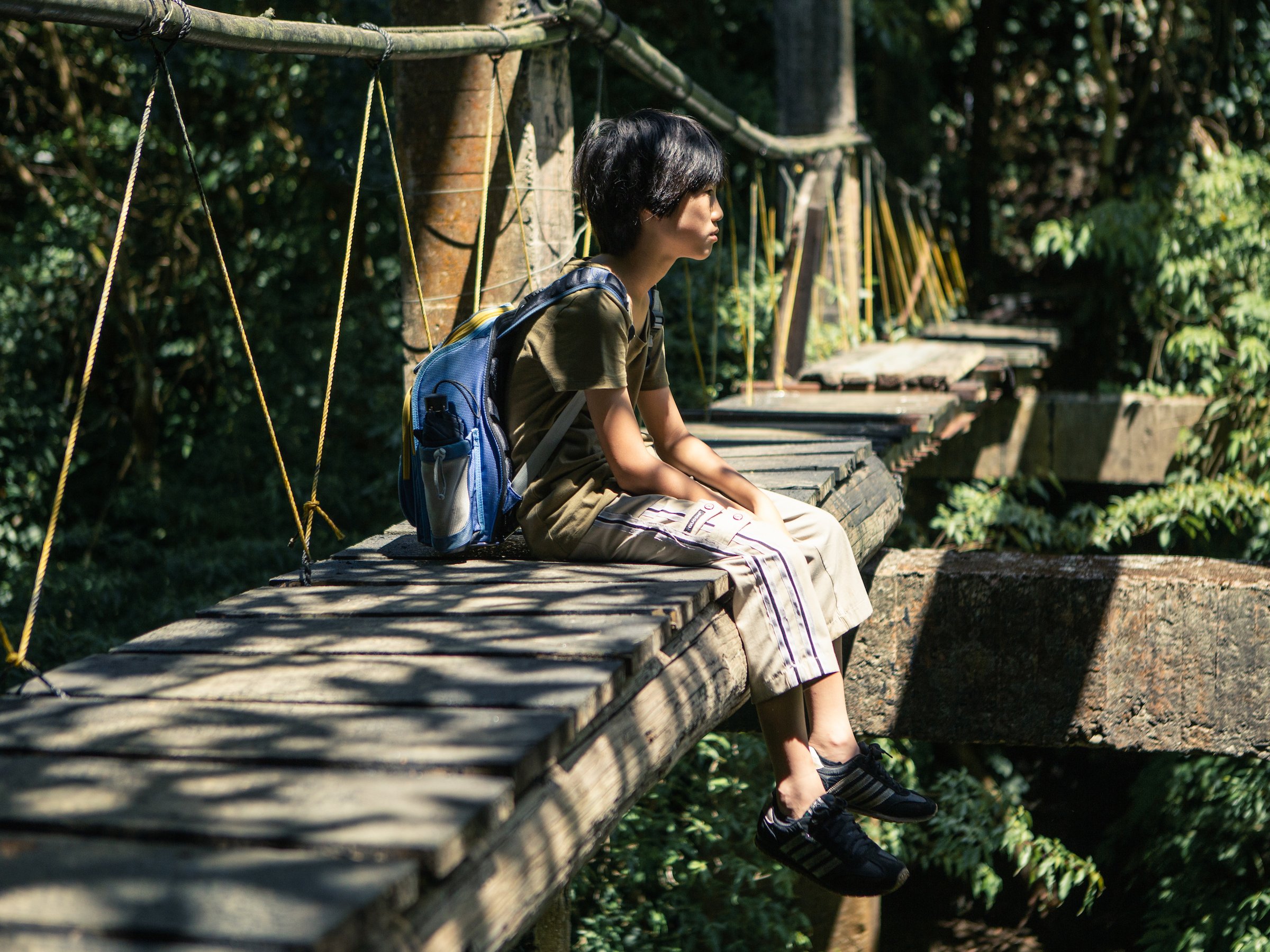
The film is smartly but calculatedly written with notable and impactful dialogues. The screenplay is technically strong but the narrative is predictable and uses too many conventions for the lovers of alternate cinema. The film doesn’t surprise but keeps flowing. One may argue that all films are not for surprises and startles but what works against the argument is the presence of innumerable cathartic moments. It’s a film that will make you feel that it’s cathartic but is not quite so. This is because the culmination wouldn’t have worked otherwise.
Overall, the film is a fine watch for any film lover. The film impresses mainly through its unspoken subtexts and subtle connotations that are buried underneath an apparently simple narrative. The philosophy of nature-love has deceptively taken on a spiritual attire, and beautifully so. When one was grooved into the philosophy of “Who will care for the animal’s feelings?” the film actually goes beyond and connects life with after-life, loss with new gain, and subtly hints at a masochistic pleasure of pain and death. The film breathes a liberating feeling into the sense of death, rather than a captivating one.
Related to Wild Sparrow – Beneath the Shadow [2020]: ‘NYAFF’ Review – A Slow-Burn Queer Drama That Withers Before Bloom
The film will show you the little Han with invisible wings, the sky of freedom, and the uncomplicated lifestyle that he so loves. And the film will tell you – “Sparrows are wild birds. So they keep hitting against the cage.” What one needs to infer is the Newtonian aspect. From outside the cage, one sees the wild birds hitting the cage. But the bird knows that it’s the cage that hits them. The cage of metal and strength, the cage of urban and tamed life, the cage of toys and shopping malls. Whether we, like the wild sparrows or little Han, hit the cage or the cage hits us, is the unanswered question.

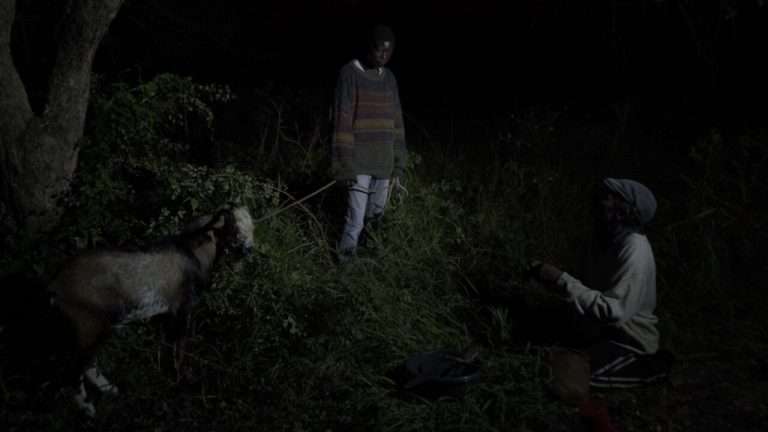
![The Employer and the Employee [2021]: ‘Cannes’ Review – A Modest, Bleak Portrait of Class Privilege and Indifference](https://79468c92.delivery.rocketcdn.me/wp-content/uploads/2021/07/The-Employer-and-the-Employee-768x402.jpg)
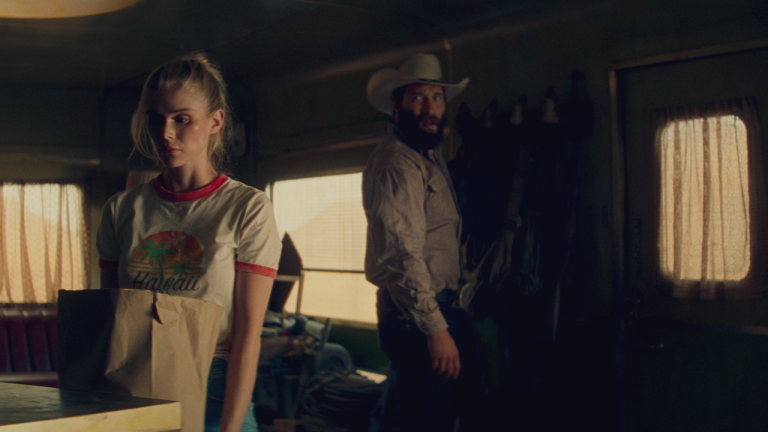
![The Pact [2022] Review : A dull and disappointing adaptation of Thorkild Bjørnvig’s memoir](https://79468c92.delivery.rocketcdn.me/wp-content/uploads/2022/02/The-Pact-Pagten-1-768x480.jpg)
